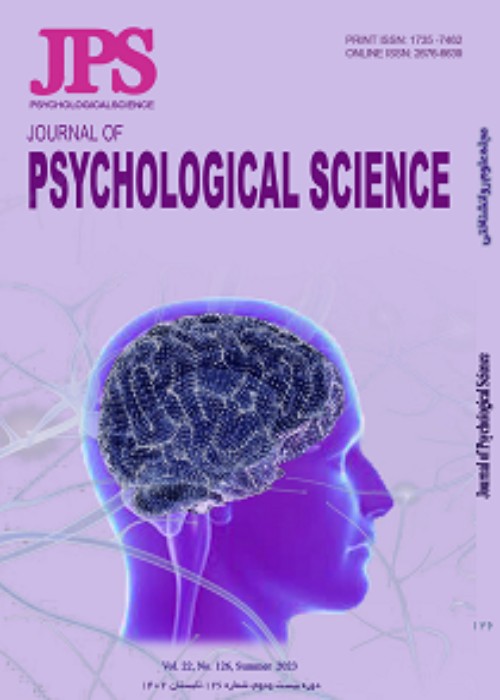Comparing the effectiveness of cognitive behavioral skills training, mindfulness skills, and cognitive behavioral self-help skills based on virtual space on depression and social health of women with depression
Depressed women also show an obvious disorder in social health, and although this problem plays an essential role in the health of the family and society, it has been less investigated. Therefore, comparing the effectiveness of cognitive-behavioral therapy as a common treatment for depression disorders with mindfulness therapy as one of the third wave psychotherapy treatments and virtual space-based treatments as an available and low-cost treatment to improve Psychological, emotional and social injuries of depressed women can be helpful.
The present study was conducted with the aim of comparing the effectiveness of training cognitive-behavioral skills, mindfulness skills and cognitive-behavioral self-help skills based on virtual space on depression and social health of women with depression.
The present research method was a semi-experimental type of pre-test-post-test with a two-month follow-up. The statistical population of the research included all the women suffering from depression in the two cities of Tehran in 1400, and among these women, 60 people (15 people from the cognitive-behavioral group, 15 people from the mental-awareness group, 15 people from the virtual cognitive-behavioral self-help group and 15 people (control group) were selected purposefully non-randomly. The data collection tools in this research were social health (Keyes, 2004) and depression (Beck, 1961) questionnaires. After completing the research questionnaires, the participants of the cognitive-behavioral group (Lopez et al., 2019) in 12 sessions, the participants of the mind-awareness group (Kabat Zain, 1990) in 8 sessions and the participants of the cognitive-behavioral self-help group based on on virtual space (Richards et al., 2018) were trained in 7 sessions.
The findings showed that regarding the difference in the effectiveness of the three treatment groups on depression, respectively cognitive-behavioral therapy, cognitive-behavioral self-help based on virtual space and mindfulness were effective (P<0.05), but regarding the difference in the effectiveness of the three groups The treatment on social health was first mind-awareness, then cognitive-behavioral therapy and finally cognitive-behavioral self-help based on virtual space were effective (P<0.05).
It is suggested that the therapists of counseling and psychological centers influence different aspects of psychotherapy of depressed people by combining three cognitive behavioral therapies, mindfulness and virtual cognitive behavioral self-help.
- حق عضویت دریافتی صرف حمایت از نشریات عضو و نگهداری، تکمیل و توسعه مگیران میشود.
- پرداخت حق اشتراک و دانلود مقالات اجازه بازنشر آن در سایر رسانههای چاپی و دیجیتال را به کاربر نمیدهد.


